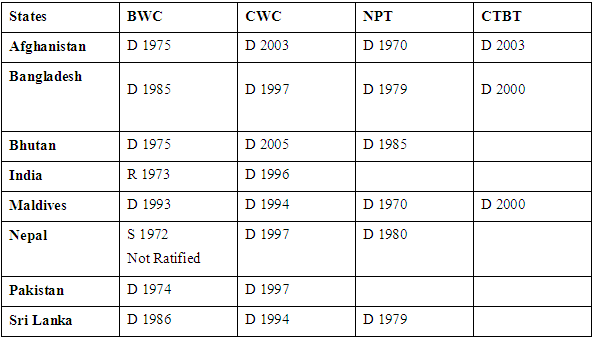Daily Report Archives
Established in December 1993, the Nautilus Institute’s *N*ortheast *A*sia *P*eace and *S*ecurity *N*etwork (NAPSNet) Daily Report served thousands of readers in more than forty countries, including policy makers, diplomats, aid organizations, scholars, donors, activists, students, and journalists.
The NAPSNet Daily Report aimed to serve a community of practitioners engaged in solving the complex security and sustainability issues in the region, especially those posed by the DPRK’s nuclear weapons program and the threat of nuclear war in the region. It was distributed by email rom 1993-1997, and went on-line in December 1997, which is when the archive on this site begins. The format at that time can be seen here.
However, for multiple reasons—the rise of instantaneous news services, the evolution of the North Korea and nuclear issues, the increasing demand for specialized and synthetic analysis of these and related issues, and the decline in donor support for NAPSNet—the Institute stopped producing the Daily Report news summary service as of December 17, 2010.

Debi Prasad Dash, Additional Director-General, Government of India, examines the efficacy of the legal and enforcement systems in South Asia, with particular focus on India, in preventing and combating the possible use of WMDs by the non-State actors.
Go to the article
Wooksik Cheong, a Representative of the Peace Network, writes, “the [Lee Myung-Bak] administration should not take the North’s sincerity of nuclear abandonment as a precondition of negotiation. Instead, it should respond in kind to the North’s determination to seek out larger compromise, such as denuclearization for a peace treaty.”
Go to the article
Nicholas Eberstadt, Senior Adviser, National Bureau of Asian Research and Henry Wendt Chair in Political Economy at the American Enterprise Institute, writes, “North Korean leadership is confident it can manipulate the “6 Party” process to generate further, perhaps unprecedented, benefits for its otherwise impoverished and discredited regime.”
Go to the article
This report is a collection of selected North Korean statements on their nuclear program. This material was assembled to support the report, “North Korean Nuclear Nationalism and the Threat of Nuclear War in Korea” by Peter Hayes Professor, RMIT University and Executive Director of the Nautilus Institute and Scott Bruce, Nautilus Institute Director. These sources are meant to show the change in DPRK statements on its nuclear program between October 2002 and the present. Statements from the Korean Worker’s Party (KWP), Korean People’s Army (KPA), and DPRK Cabinet are labeled as such so that the distinctions between the views of these different institutions in the DPRK can be observed.
We invite our audience to send us other relevant statements that may compliment and expand this study.
Go to the article
Peter Hayes, Professor, RMIT University and Executive Director of the Nautilus Institute, writes “Here, the point I want to make is that after Fukushima, Seoul must make a choice. It could engage the North to ensure that the small light water reactor project becomes an authentically inter-Korean project, and is implemented to international standards for design, engineering, and construction…Alternately, it could treat the North’s small light water reactor as a rapidly emerging environmental security threat to South Korea’s population and land, and decide whether it will act militarily to halt the reactor’s operation once it is turned on.”
Go to the article
Noël Stott, Senior Research Fellow at the Institute for Security Studies, offers an overview of UN Security Council Resolutions 1540 and 1373 in the African and South African contexts with specific recommendations for implementation, including “streamlining the various counter-terrorism committees, including those established pursuant to Resolutions 1267 (1999), 1373 (2001) and 1540 (2004), so that together they could form a coordinated UN Security Council body for the prevention and combating of terrorism.”
Go to the article
This report by Gordon Thompson outlines a code of conduct for transfer of nuclear power plant (NPP) technology to consumer countries. The term “consumer” is used here to refer to a country that is a party to the Nuclear Non-Proliferation Treaty (NPT) and has not developed an indigenous capability to design or manufacture the major components of an NPP. The code outlined here would apply to the transfer of Generation III nuclear power plant technology during the next few decades. Relevant items of technology would pertain to light-water reactors or CANDU reactors. Before outlining the content of a potential code, this report provides background regarding codes of conduct, sustainability, and trends in the use of nuclear power. It then discusses ten issue areas for a code of conduct, and outlines a process for constructing a code that accounts for each issue area.
Go to the article


